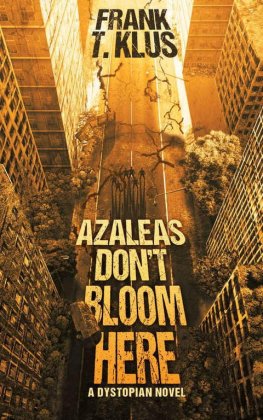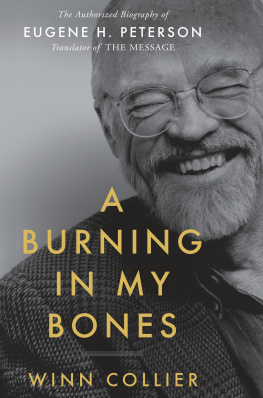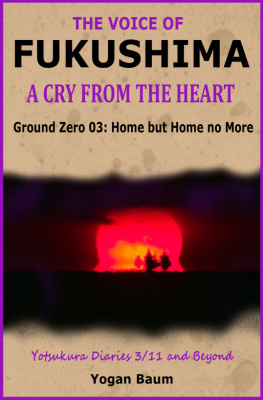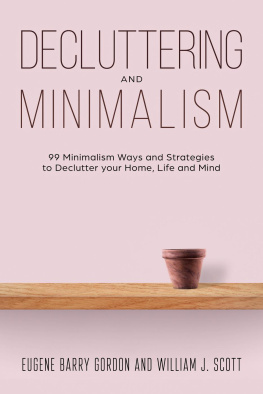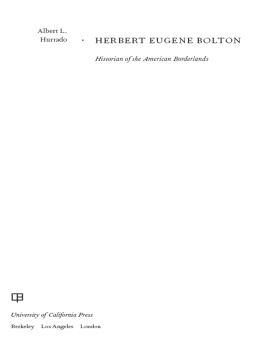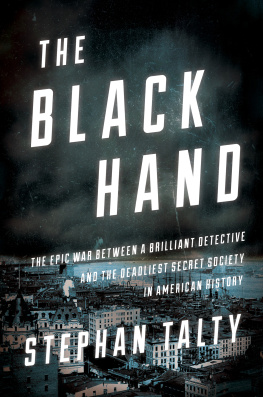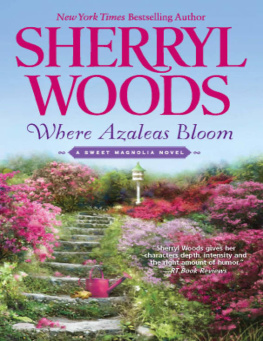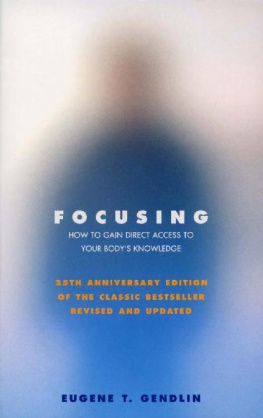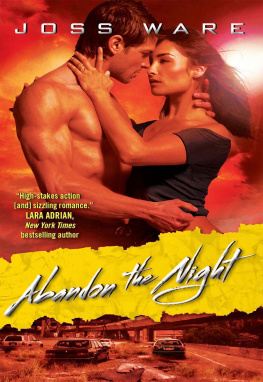Frank T. Klus
AZALEAS DONT BLOOM HERE
A Dystopian Novel
This book is dedicated to my sister, Marianne, who so loved my first book.
This is a work of fiction. It is not a prediction of what is to come, but a warning of what may come. All names are fictional and any resemblance to actual people is purely coincidental. Some geographic places are completely fictional.
Part 1:
Radicalizing Eugene Sulke
Old Chicago, The Dead District, July 2065
All that was is gone. All that remains is a monument to the past; a testament to what was. The skyscrapers along Michigan Avenue became tombstones, and a once thriving business district lay empty and dead.
The streets are pot-holed and broken. Weeds grow out of the cracks, and no traffic traverses the boulevard. Looking up, the high rises are grey and dead, towering above, and occasionally dropping its debris like a giant animal disposing its waste. Looking down the street, one sees missing street signs, broken street lamps, and the occasional junker on the side of what used to be a road.
In these monuments, where once an ornate stairwell stood as a testament of wealth and power, it now represents impoverishment and uselessness. In the old offices, tall windows that once stood grand watch over the bustling traffic below, now display only busted shards of glass. The pristine walls are covered with dirt, grime, and graffiti. Oak desks sit rotted and broken, and the once polished floors are caked with dirt, branches and leaves.
Office doors are open and broken, and everywhere there is the stench of animal and human feces mixed with liquor brought in by squatters. Their leftover crumbs attract the rats that scurry across the spoiled floors. In massive open offices the artificial partitions are gone. The tiles on the ceiling are bent, twisted, broken, and missing; and everywhere, the stale smells of abandonment flourish. All thats left are the ghostly signs of life here: an exit sign, a desk chair, an empty coffee urn, and the skeletal remains of a once thriving member of society, still sitting at his desk.
Outside, the storefront windows along the neighborhood streets are boarded up. Keep Out signs are posted on the doors. Cobwebs replace the merchandise, and prostitutes and their johns are the new customers. In the shadows, drug addicts and their junkies would become the new trade, and where ladies once tried on their new gowns, the gamblers rolled their dice.
Outside there is an eclectic mixture of putrefying smells like cooked up dumpster divings; maybe spiced up with skunk juice. The stench suggests it must have been sauted over a dead carcass from something washed out of the polluted river and well, you get the idea.
This part of the city, the dead district, as the mayor called it, wasnt completely dead. People are here, and there is noise. Talking and squawking, arguing and fussing over homemade music. They laugh and cry, yell and cajole, like regular people, but something isnt quite right. They are dirty and feckless; their movements meandering and pointless. They are indigent, homeless, and lifeless. They were hordes walking aimlessly and listlessly in search of food, work, water, or shade. Where once they planned and hoped, they now improvised and feared.
At the west end of the street the old residential buildings once housed the affluent, who left when the jobs at the other end of the street did so. The largest is the HollinsSloop Condominiums. Built as the answer to the citys housing shortage at one hundred five stories, its called Howling Slums now by the squatters that live there, and bears all the scars of urban decay: graffiti, grease, grime, and boarded over and broken windows. Laundry hangs over the balcony rails, and there is no electricity or running water in the junk-strewn units.
At night, one can hear the yelling, cajoling, and the pleading of the squatters. A wino would crawl out to the balcony and salute the night. A fight would break out and a woman would scream. Garbage would rain down from above like some medieval disposal system. By day, everyone left; too hot, too suffocating.
July was a brutal time of the year where temperatures would often sore to a hundred degrees so often it felt normal. There was no future and no past for these denizens. There was only now. Every day was the same: relentless, certain, exhausting, draining. Get some food, get to the water, hold your nose, stay together, and find some work to do. Yesterday felt like today and no one thought about tomorrow.
The unrelenting present consumed every thought and every desire. For most of them the present need was food: scarce, expensive, and horded. The spring storms would bring heavy rain that moved the debris around and washed the pollutants from the air, but it moved planting season farther back into the year. Summer droughts and heatwaves, punctuated by vicious storms, often ruined the crops.
Most of the family farms that dotted the countryside and the rural areas of Illinois went broke more than a generation ago. Corporate farms bought them because they could afford the expensive irrigation to make the farms work, but produce was exported only to the people who could afford it. Long haul trucks didnt make it to the dead districts, which now made up two-thirds of Old Chicago proper.
Crafty people with running pickups would go to the corporate warehouses and purchase fruits, vegetables, grains, and meats; and then truck them to the cartwheelers. These were enterprising people who would work for the pickup truck people, carting their goods throughout the neighborhood. Theyd buy the stuff that was ready to be thrown out, and sell to anyone with money, or trade with each other. Hawking their wares, these mean streets would be a noisy cacophony of sales pitches, arguments, music, and fights.
The children were born with no knowledge of anything different outside of when their grandparents would tell them stories of television, vacations, shopping, and going to work each day. The grandchildren would listen with amusement as they heard that people had to pay for the right to live where they were, and they howled when they heard they had to work all day so they could give other people their money. On rare occasion they would hear of a mysterious place called the New World that was like their grandparents world, and wondered whod want to go there.
To the young generation, this was their world, and it felt normal. They would work, play, and occasionally learn to read, while mom and dad would forage for food. Money was rare and many children in the neighborhood never saw it. If you wanted something, you gave something in return. Children would go to the makeshift stores the truck people set up in the abandoned shops, fetch the merchandise, and bring it back to the cartwheelers. The cartwheelers, in turn, would give the kids fruit or candy.
Down by the lake, the teeming masses would gather on the muddy beaches to play, swim, and wash their clothes. The educated people would create informal schools to teach the children how to read, write, and do some figurin. The public schools were mostly boarded up now, replaced by private and semi-private ones. They were supposed to provide free tuition, but the modern educators would seek all sorts of special fees from the students. The poor couldnt afford them, fell behind, and abandoned an education altogether.
There wasnt as big a need for teachers anymore, so many were dismissed. The best ones could get good-paying jobs in the private and semi-private schools, but many created outdoor schools to teach the children in parks and beaches. Most couldnt afford to pay much, so teachers took fresh food as payment.
Crime was everywhere. Without jobs, young people would join gangs and rob the cartwheelers of their property. There werent many of the old police anymore. They were replaced by roving groups of paramilitary organizations. The Lightning Squad patrolled this side of the city, but they charged the cartwheelers for the privilege of providing security. If they couldnt afford to pay them, they had to provide for their own security. Many couldnt; many wouldnt.

